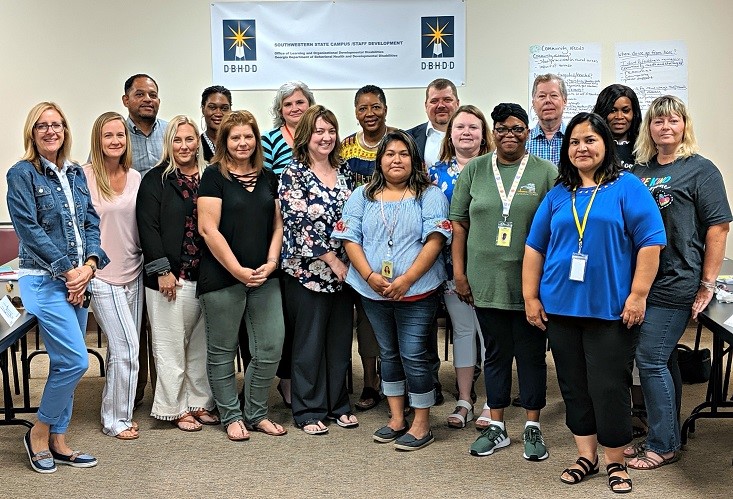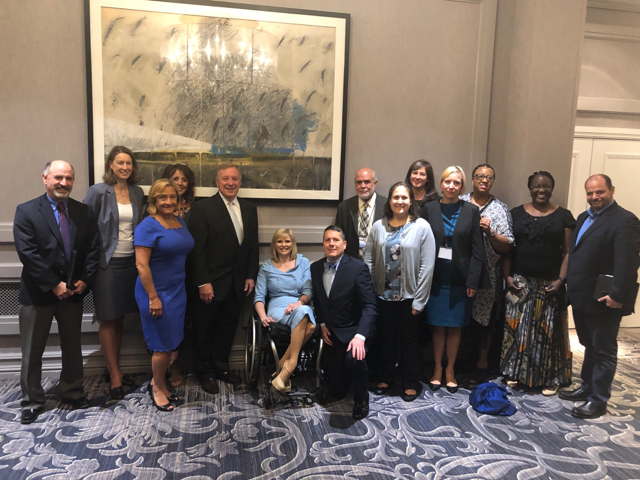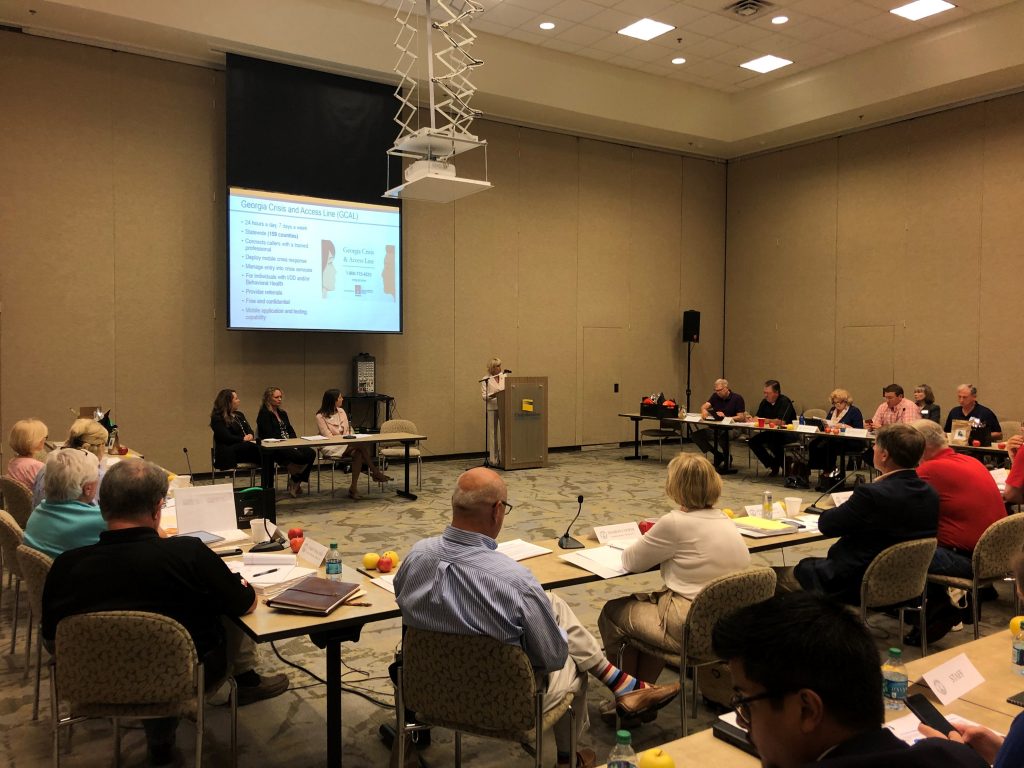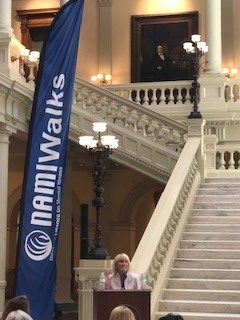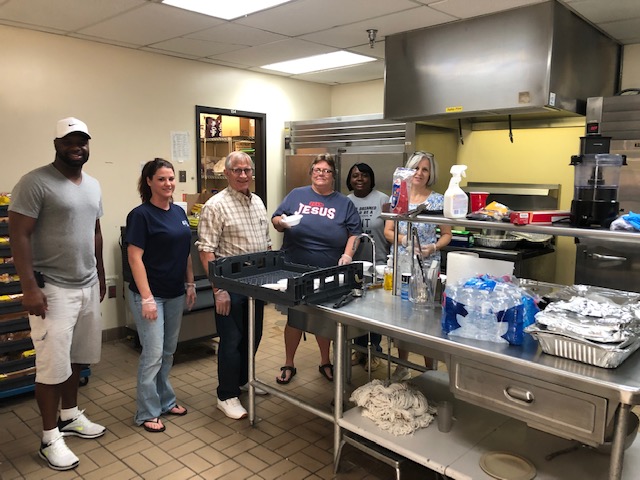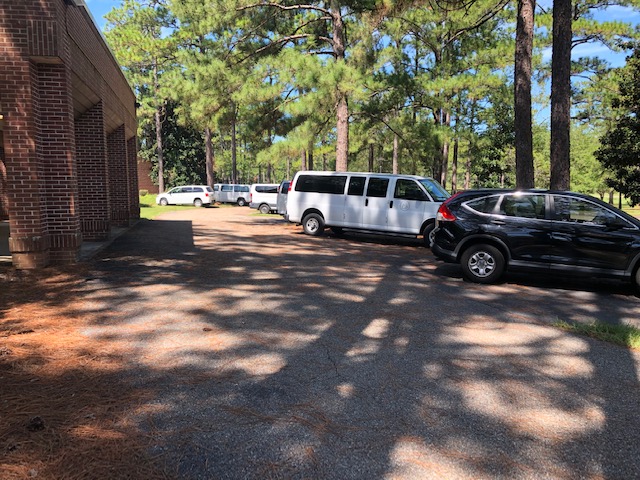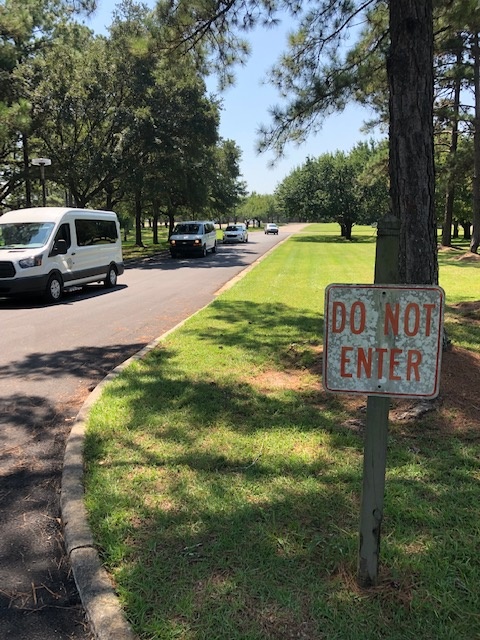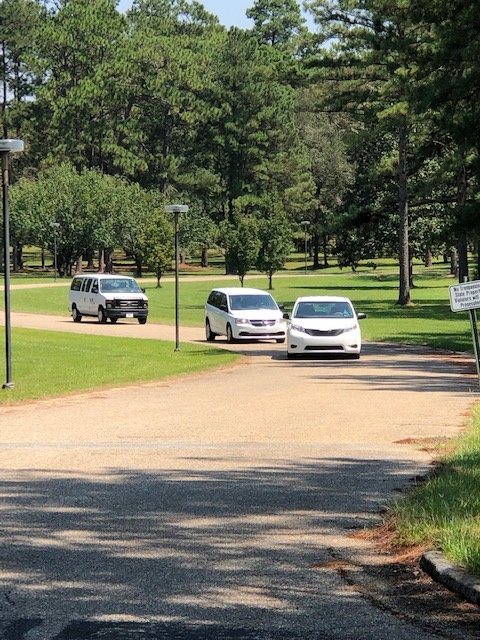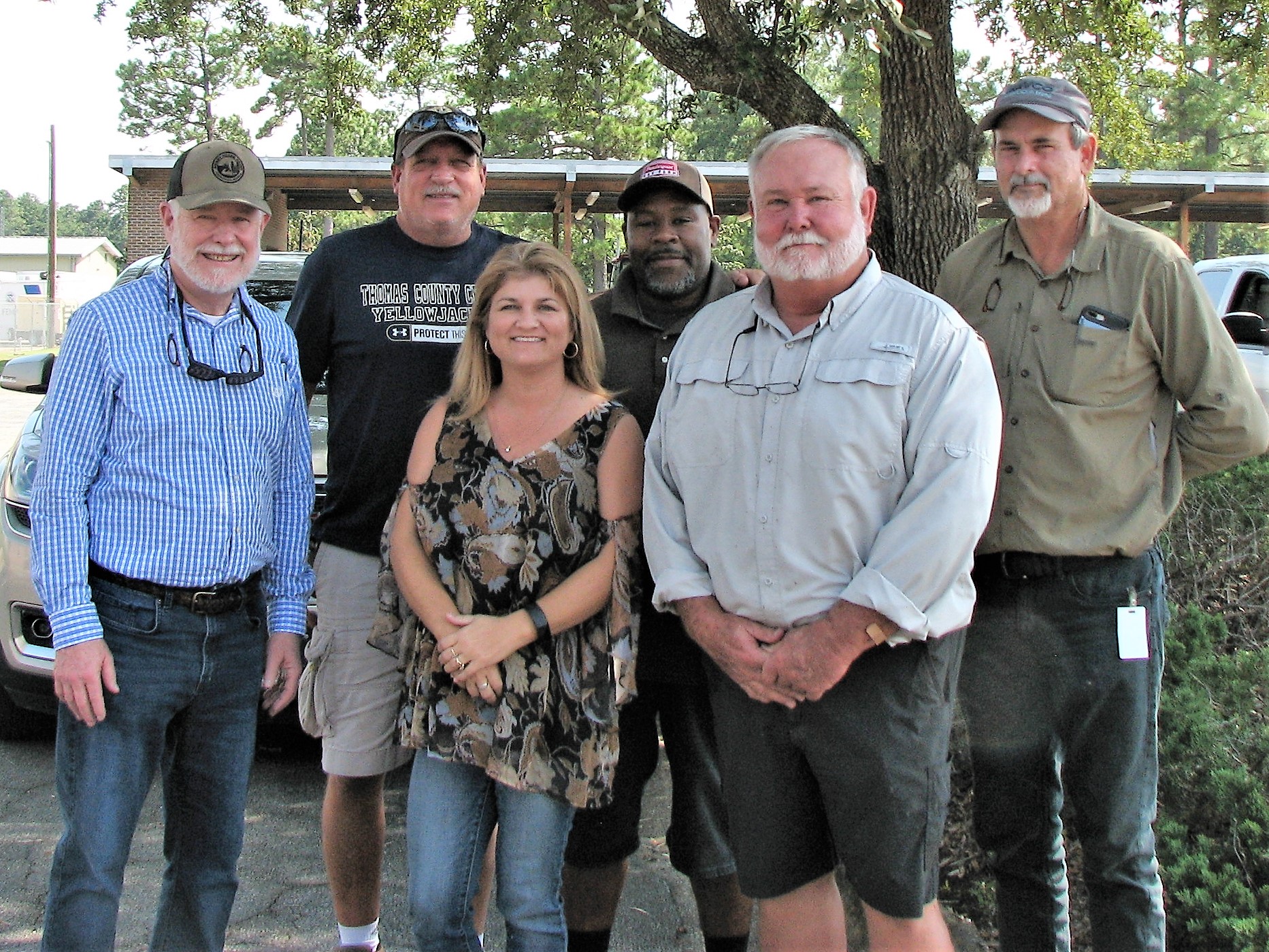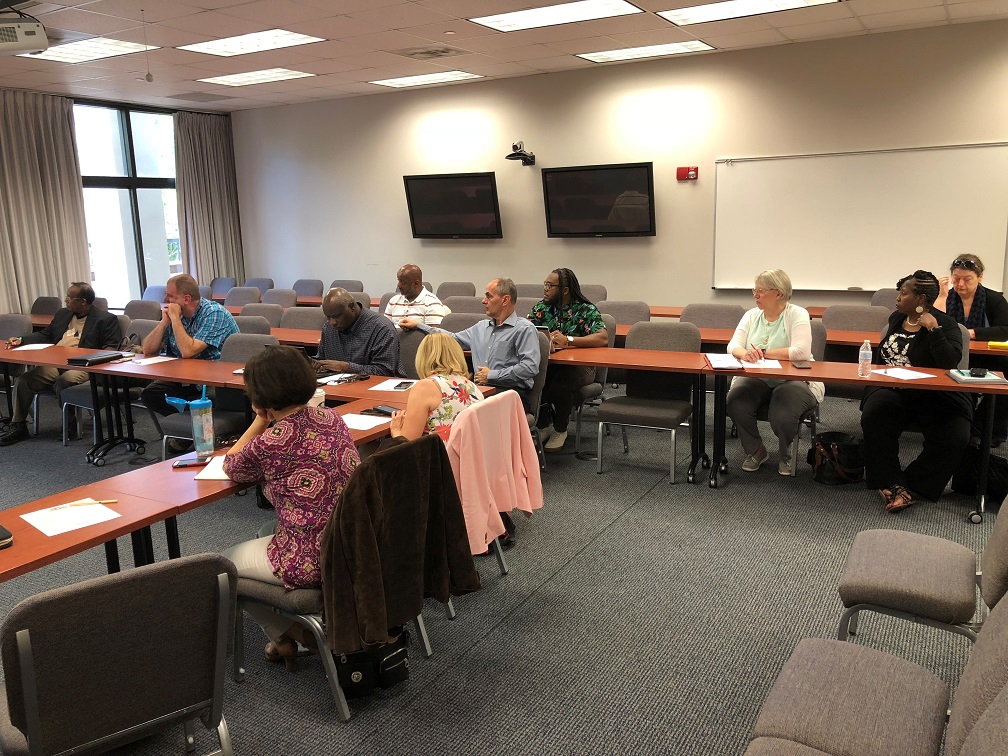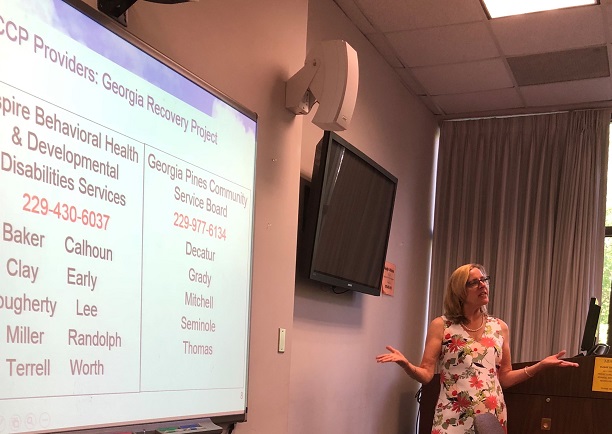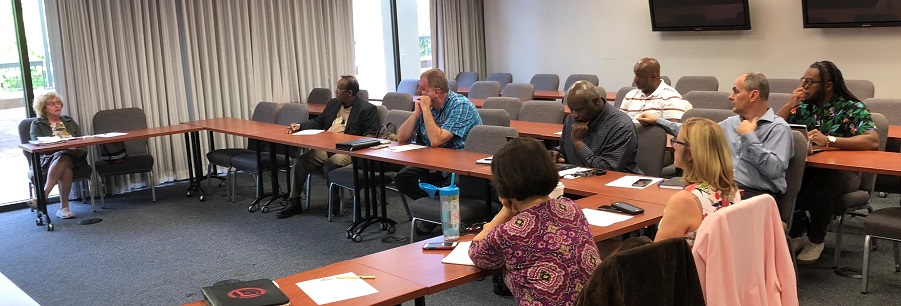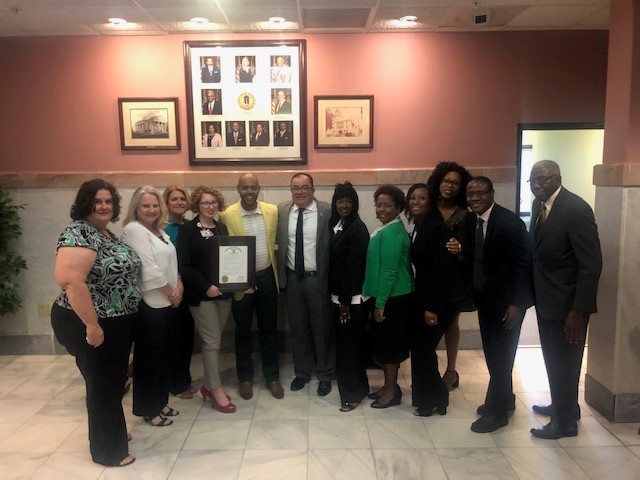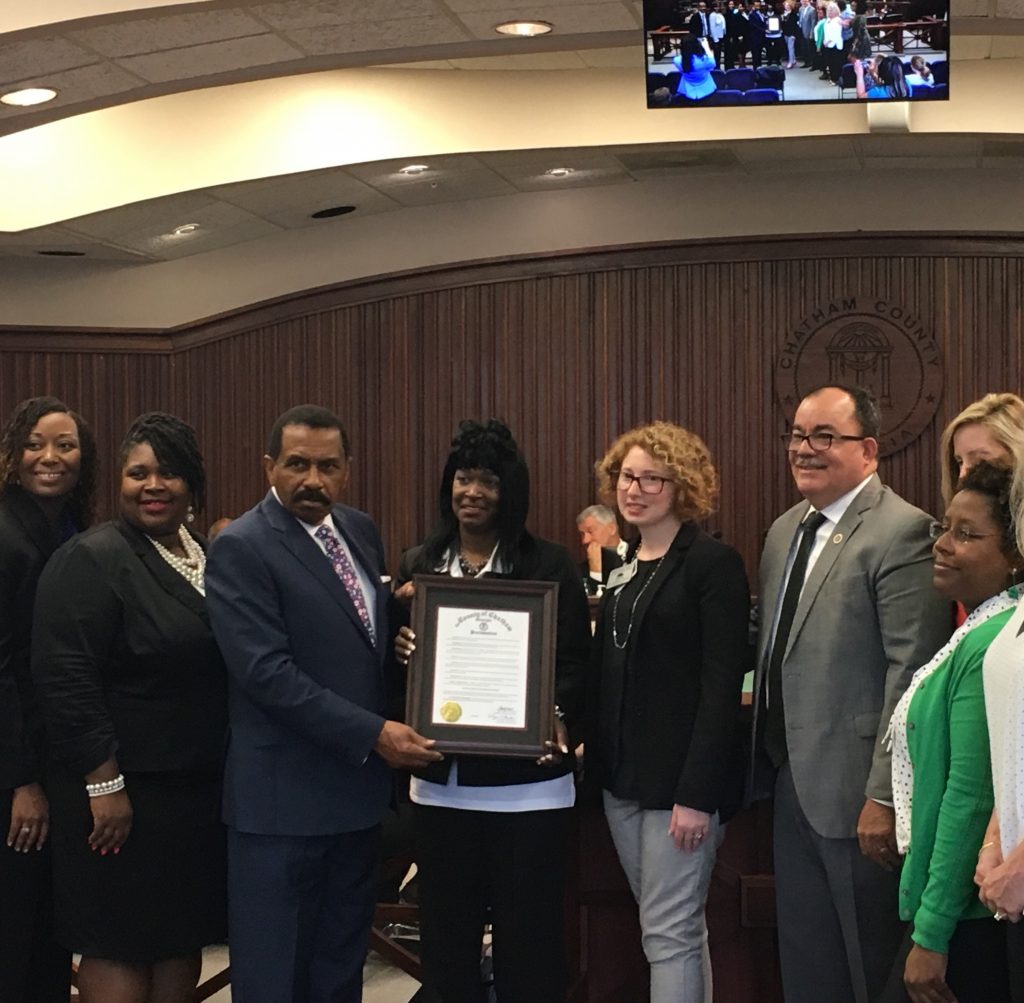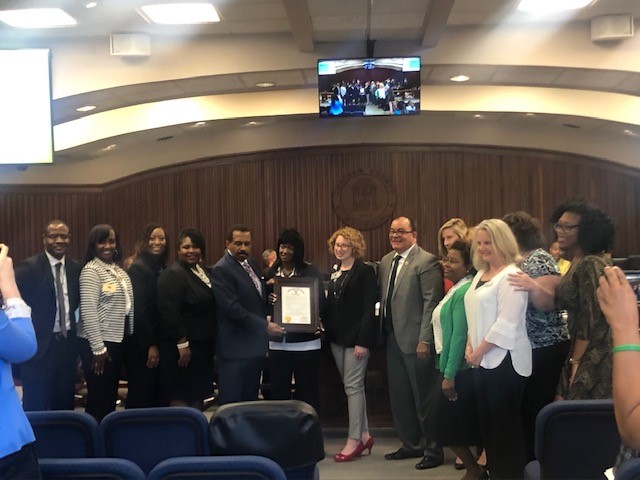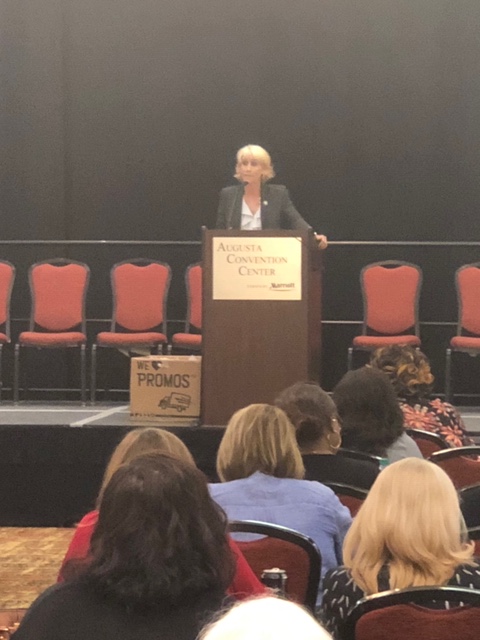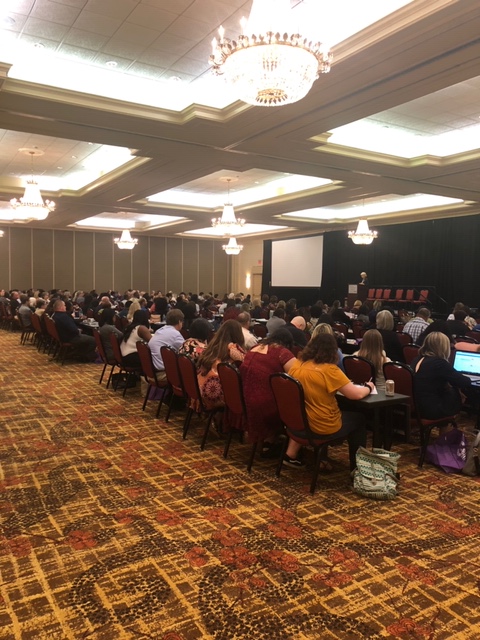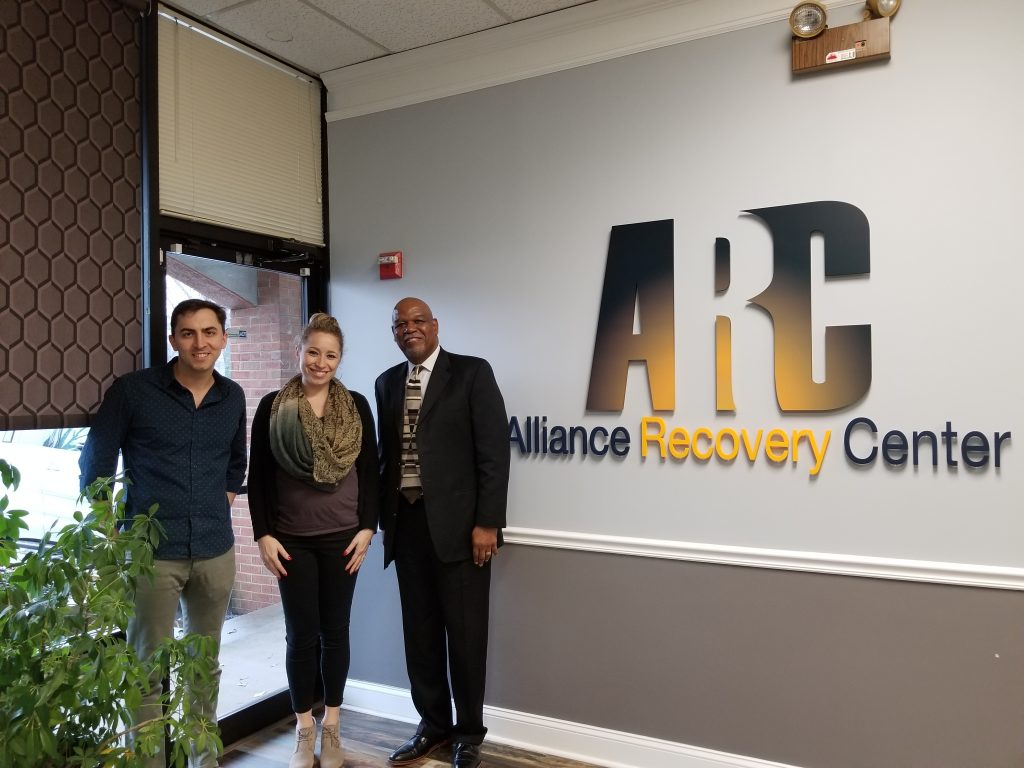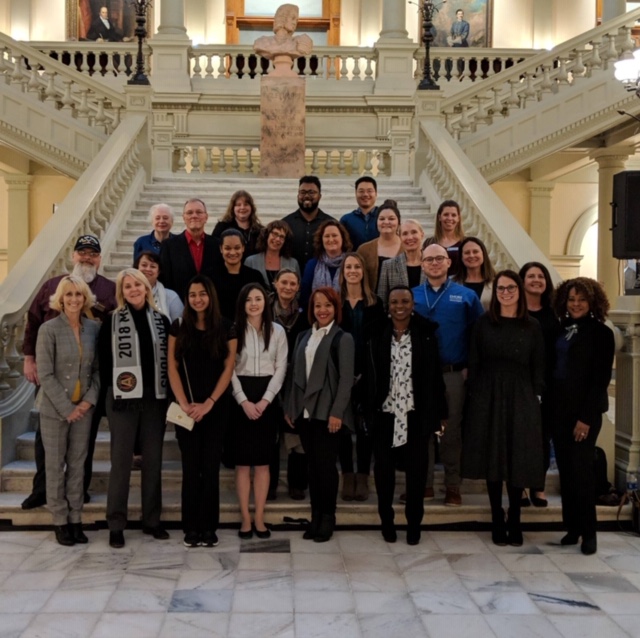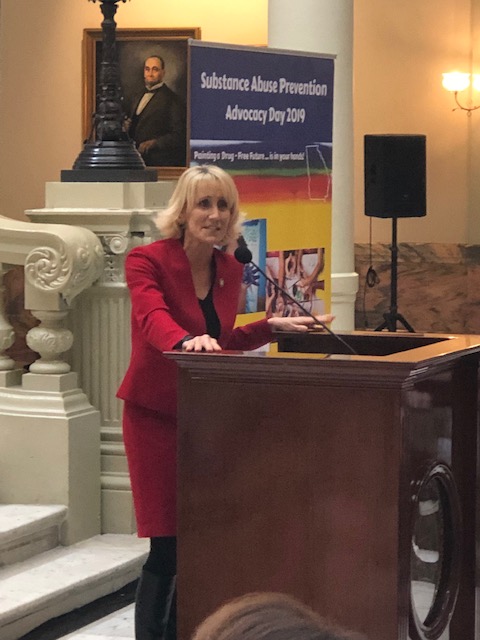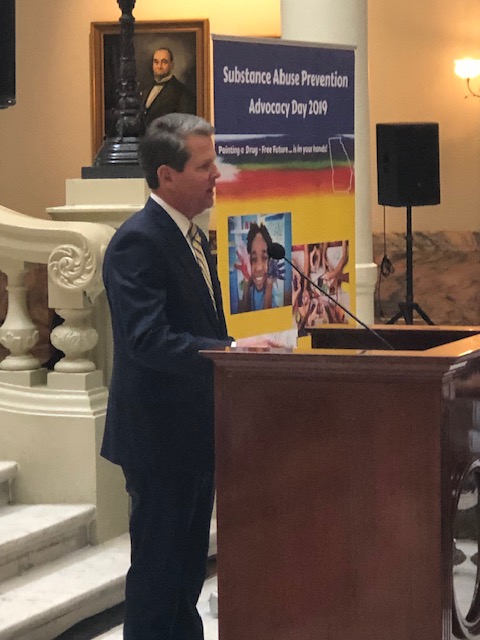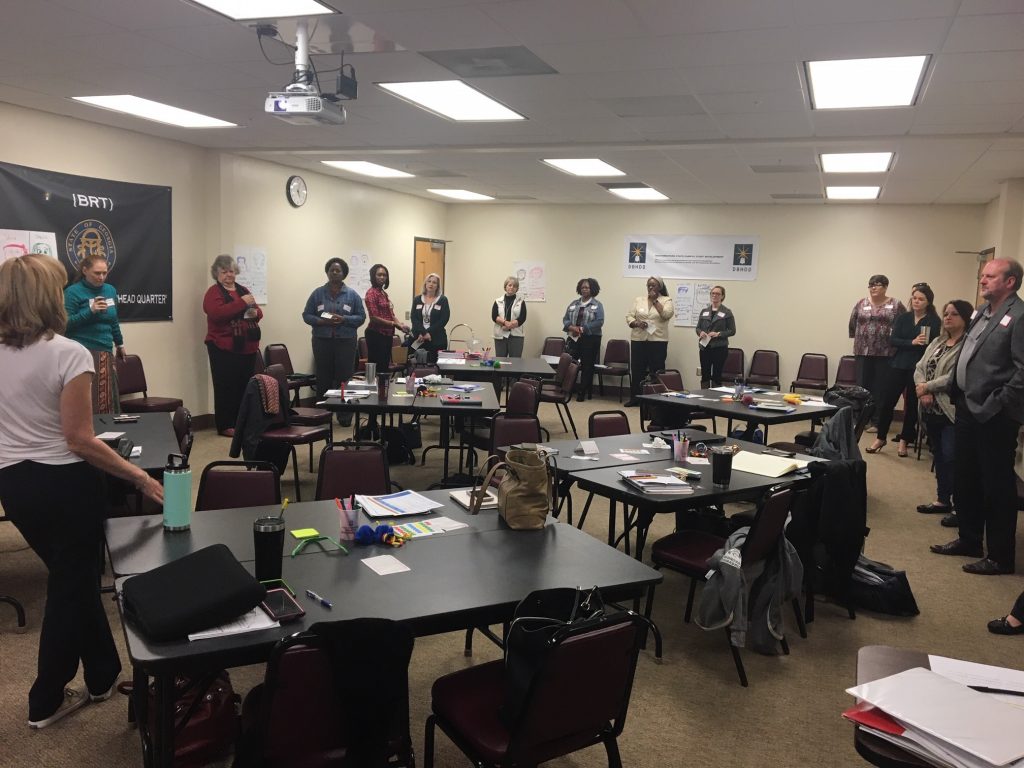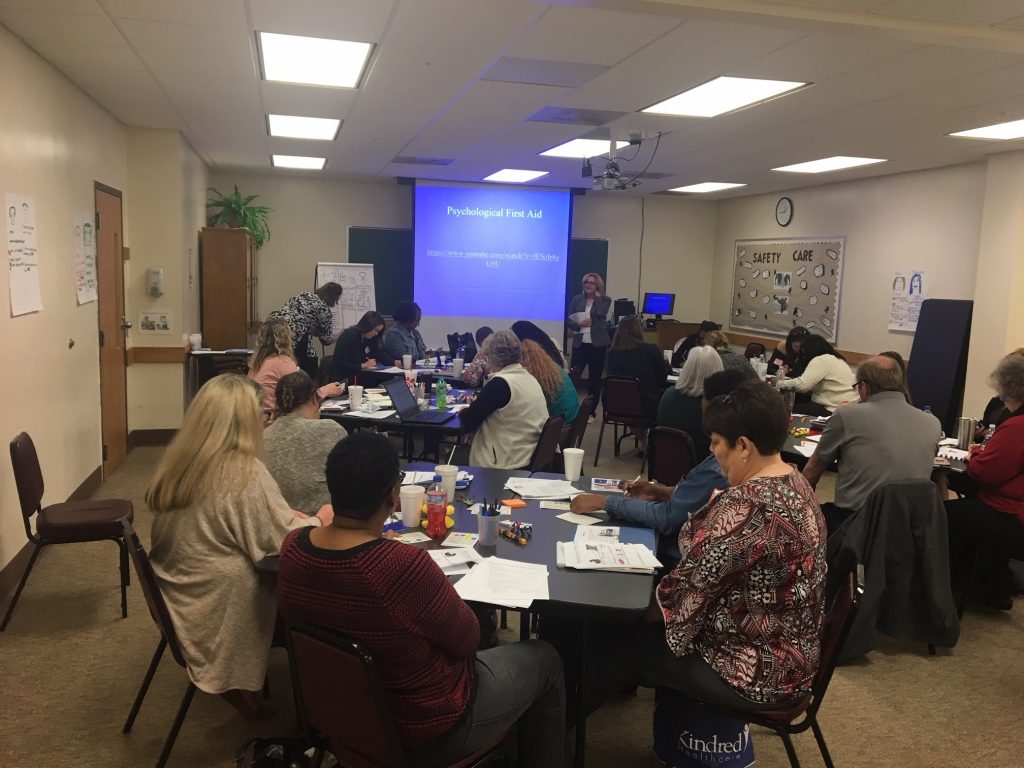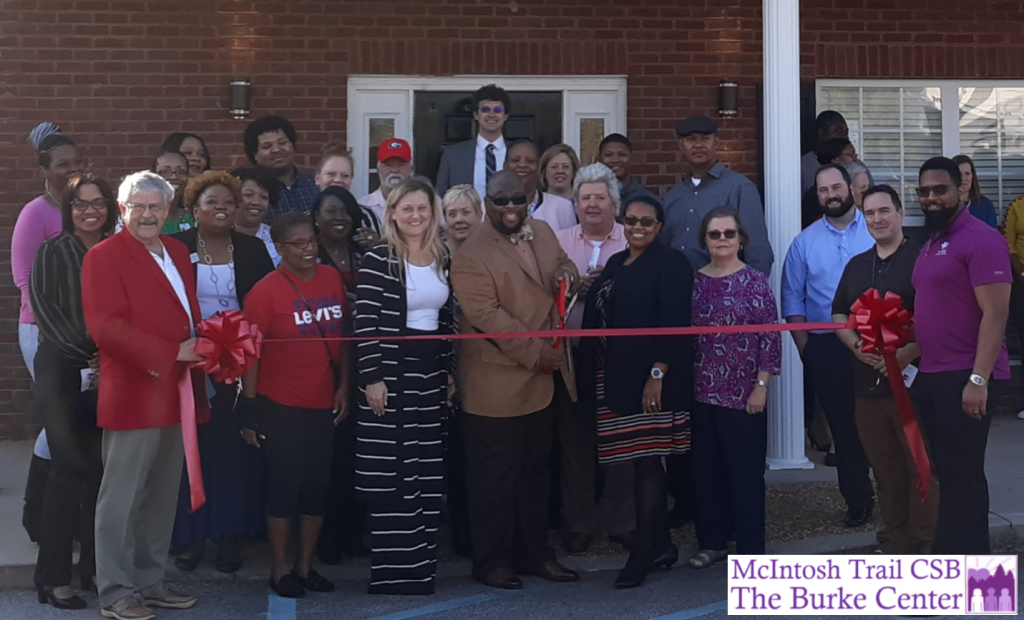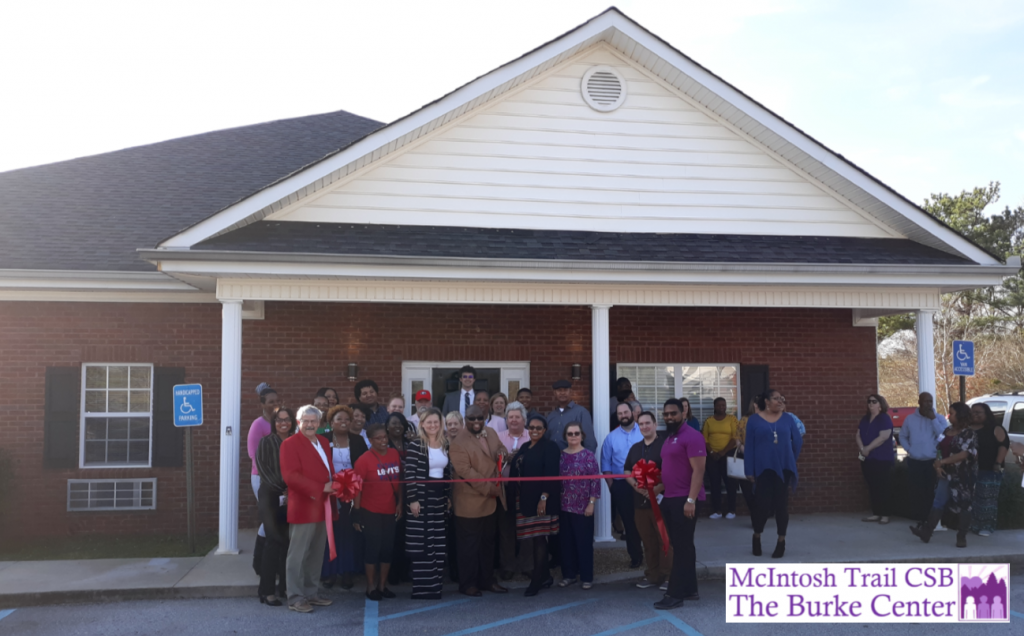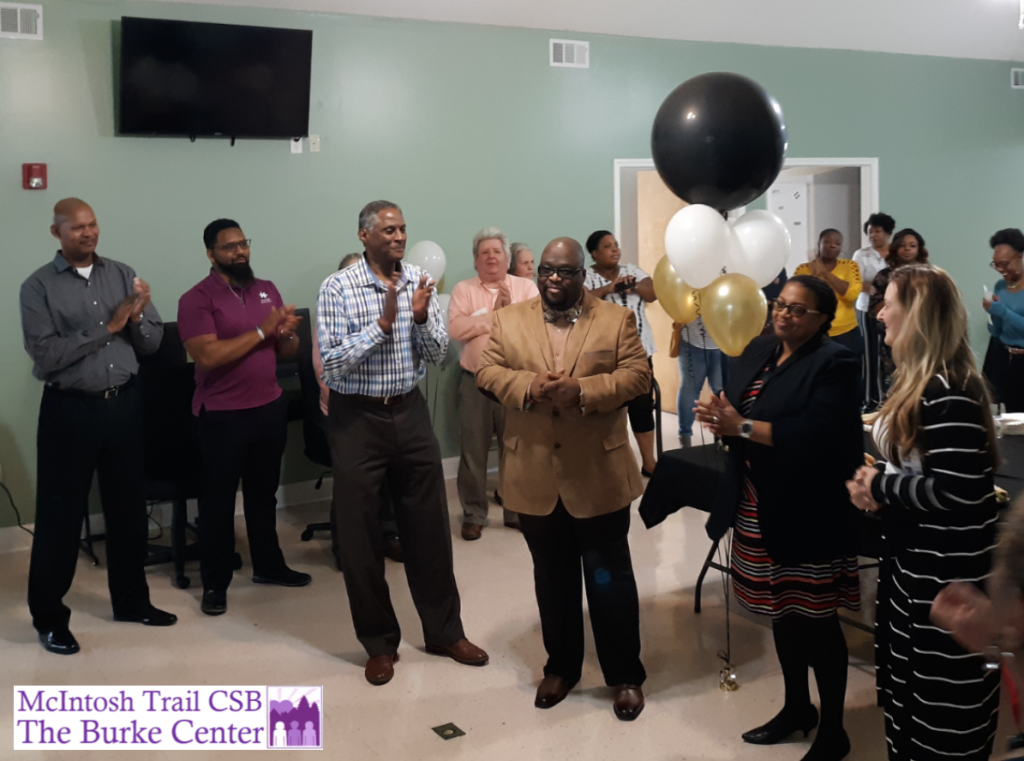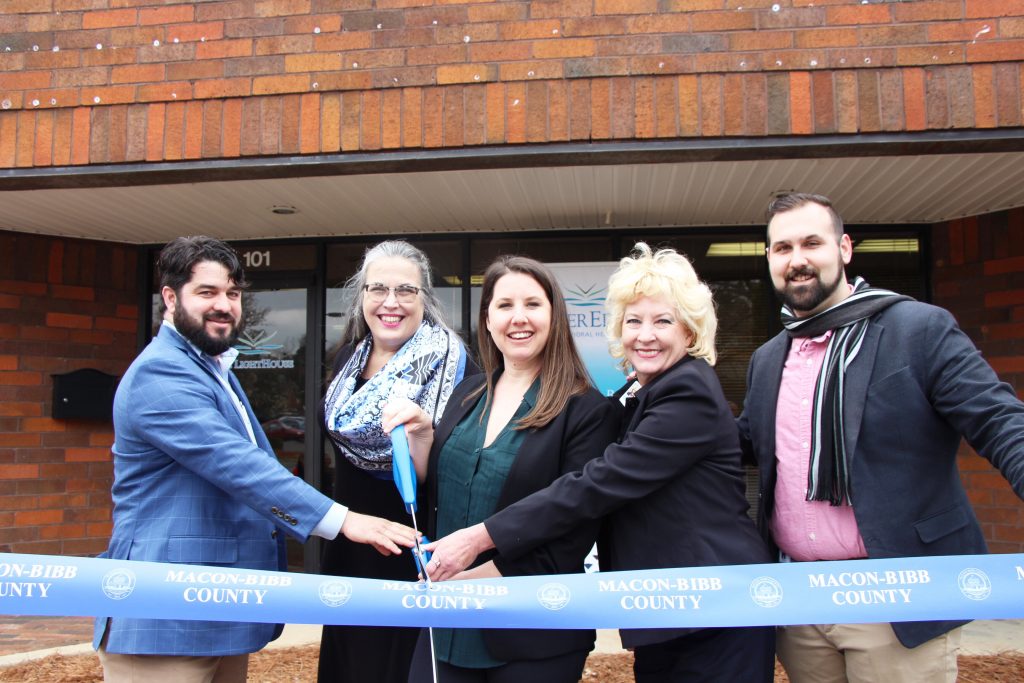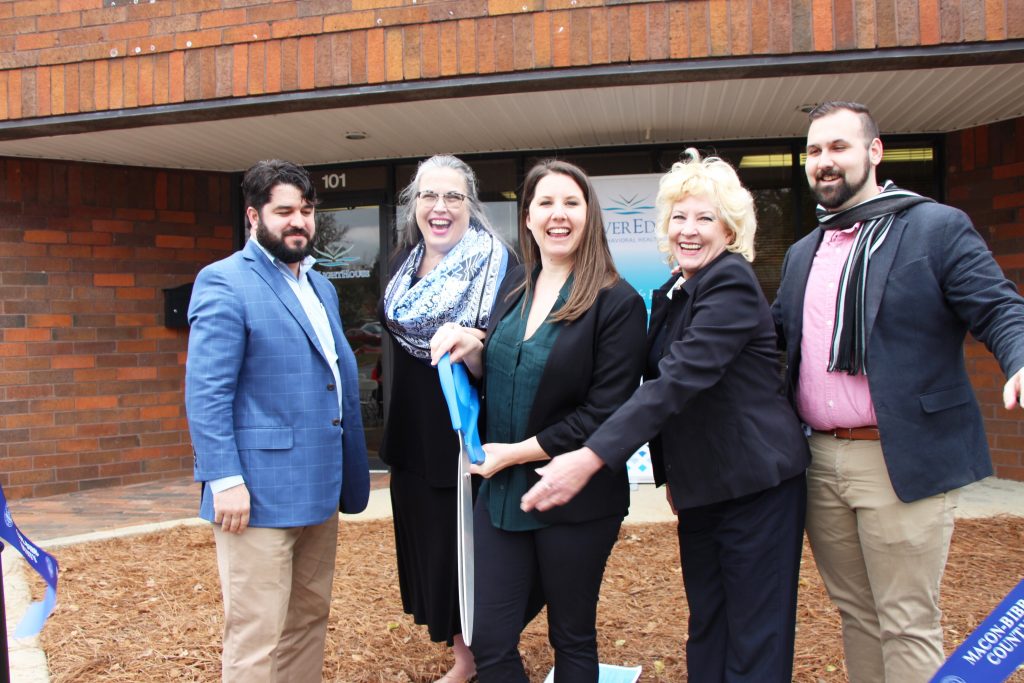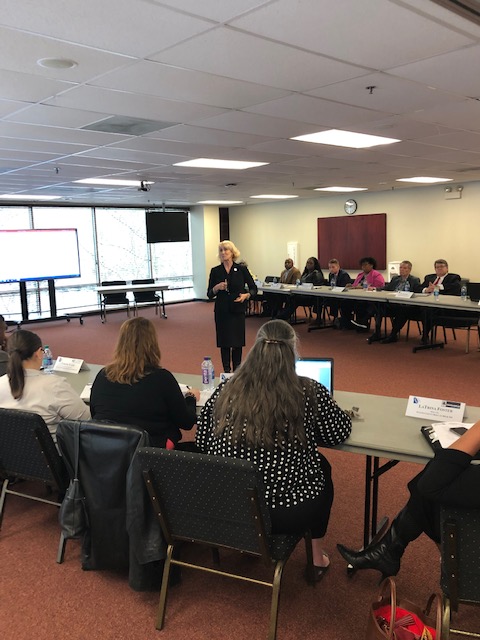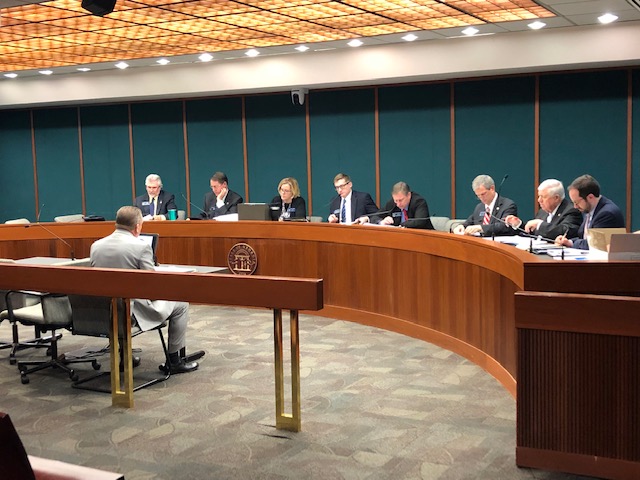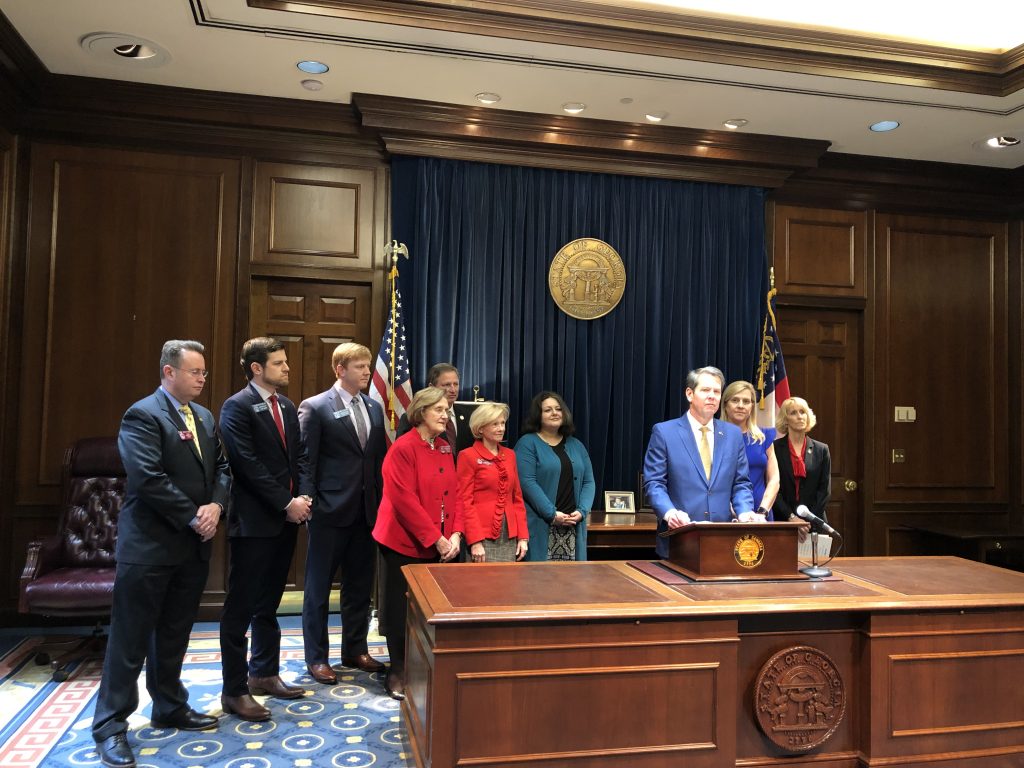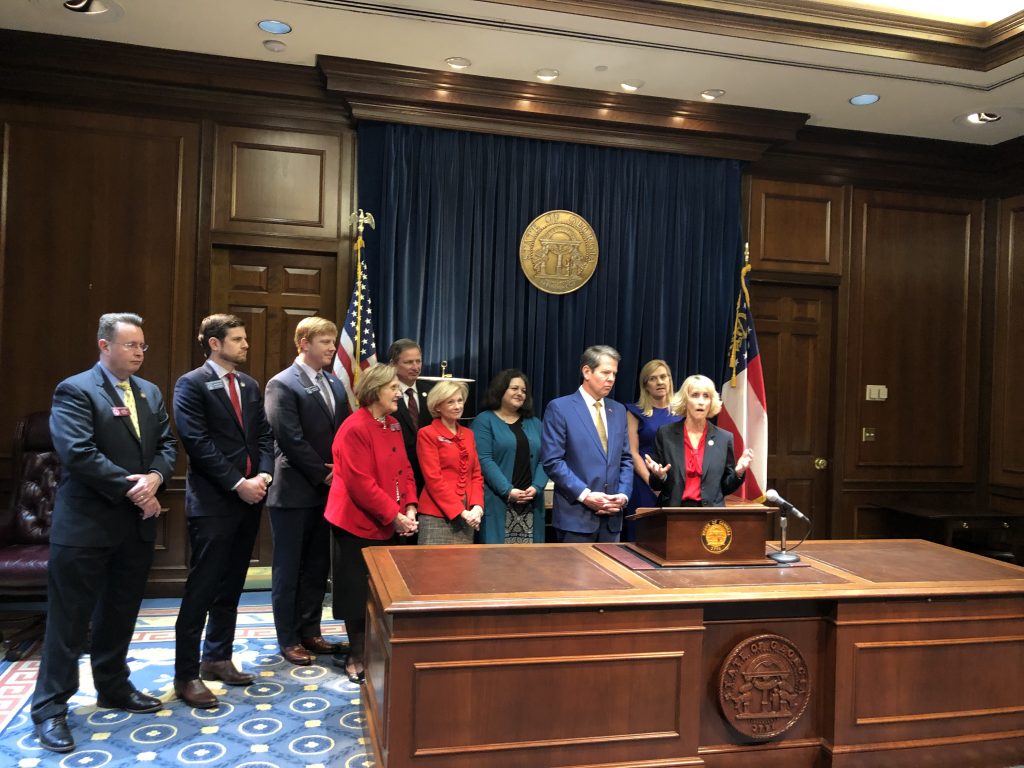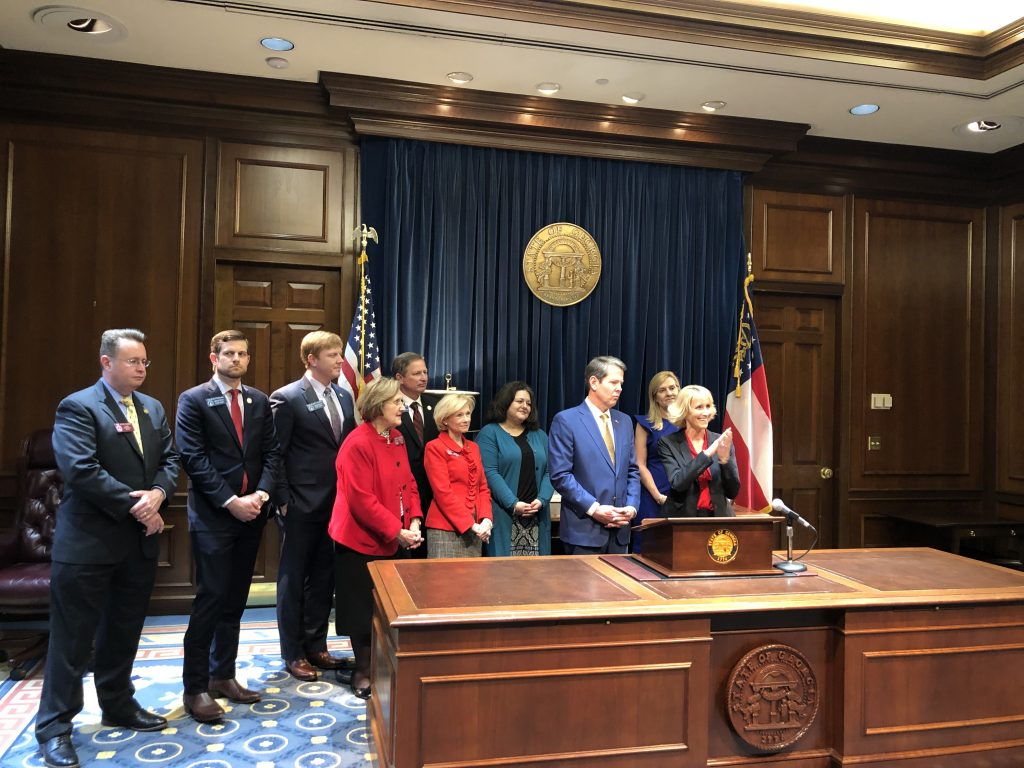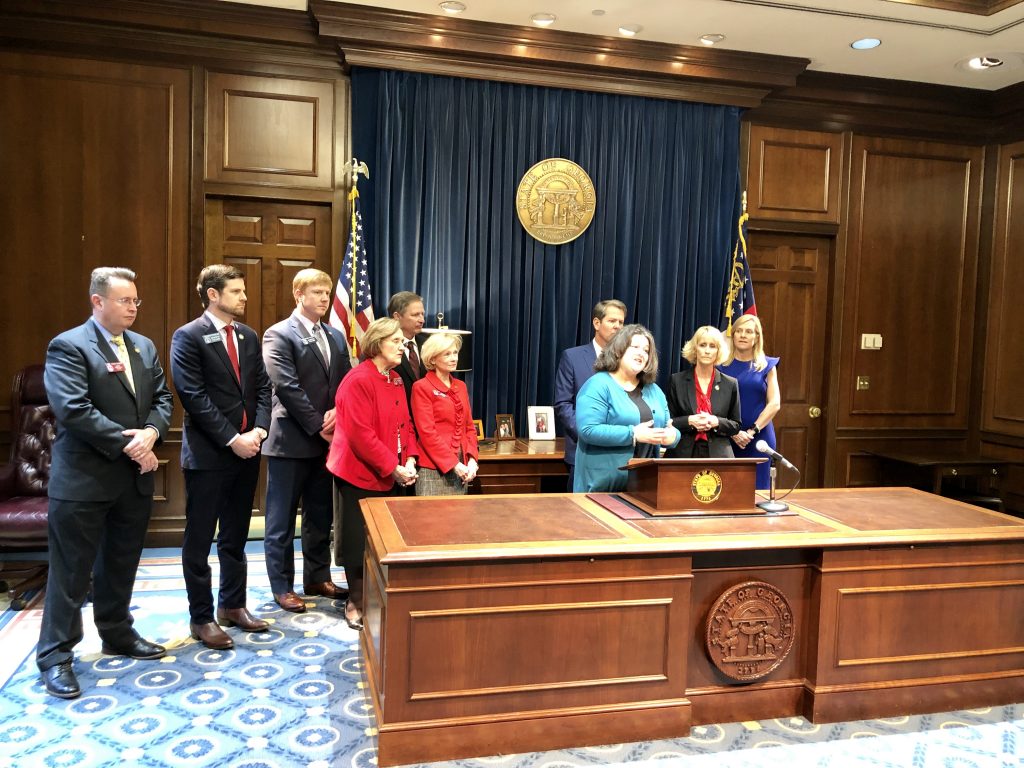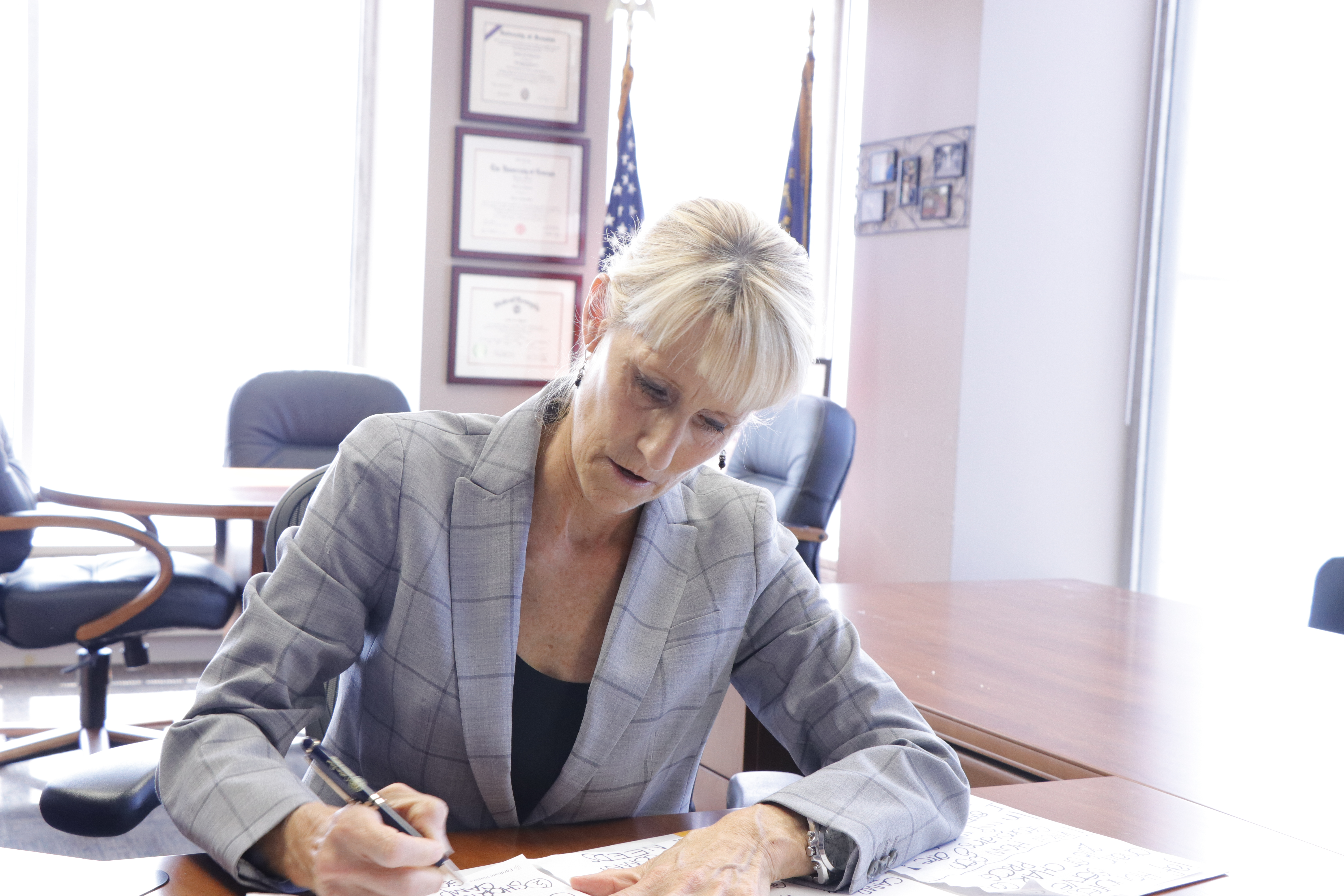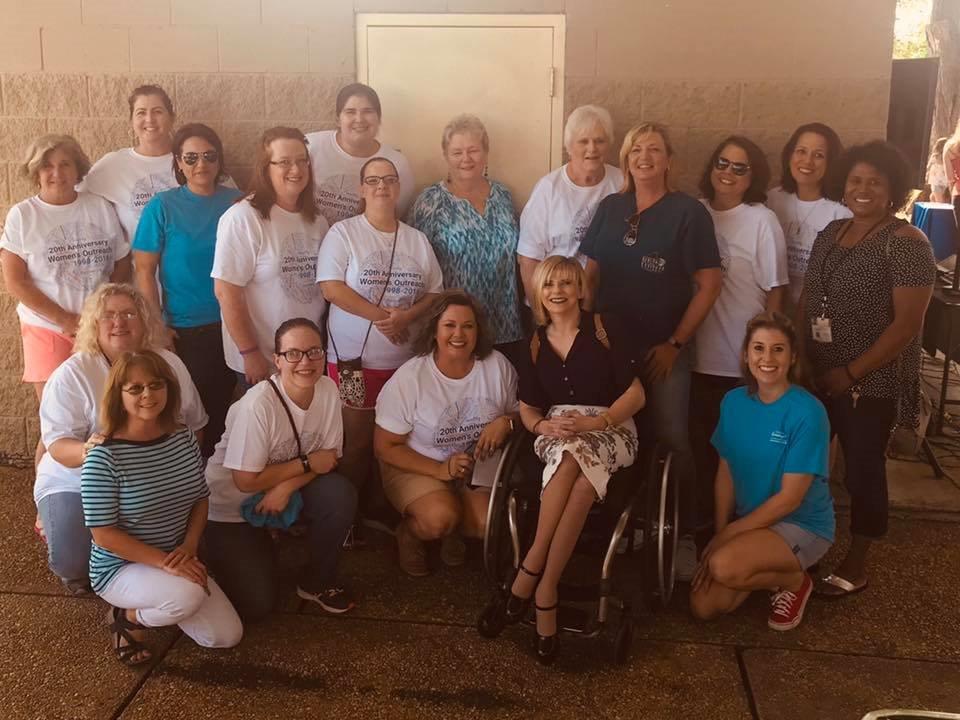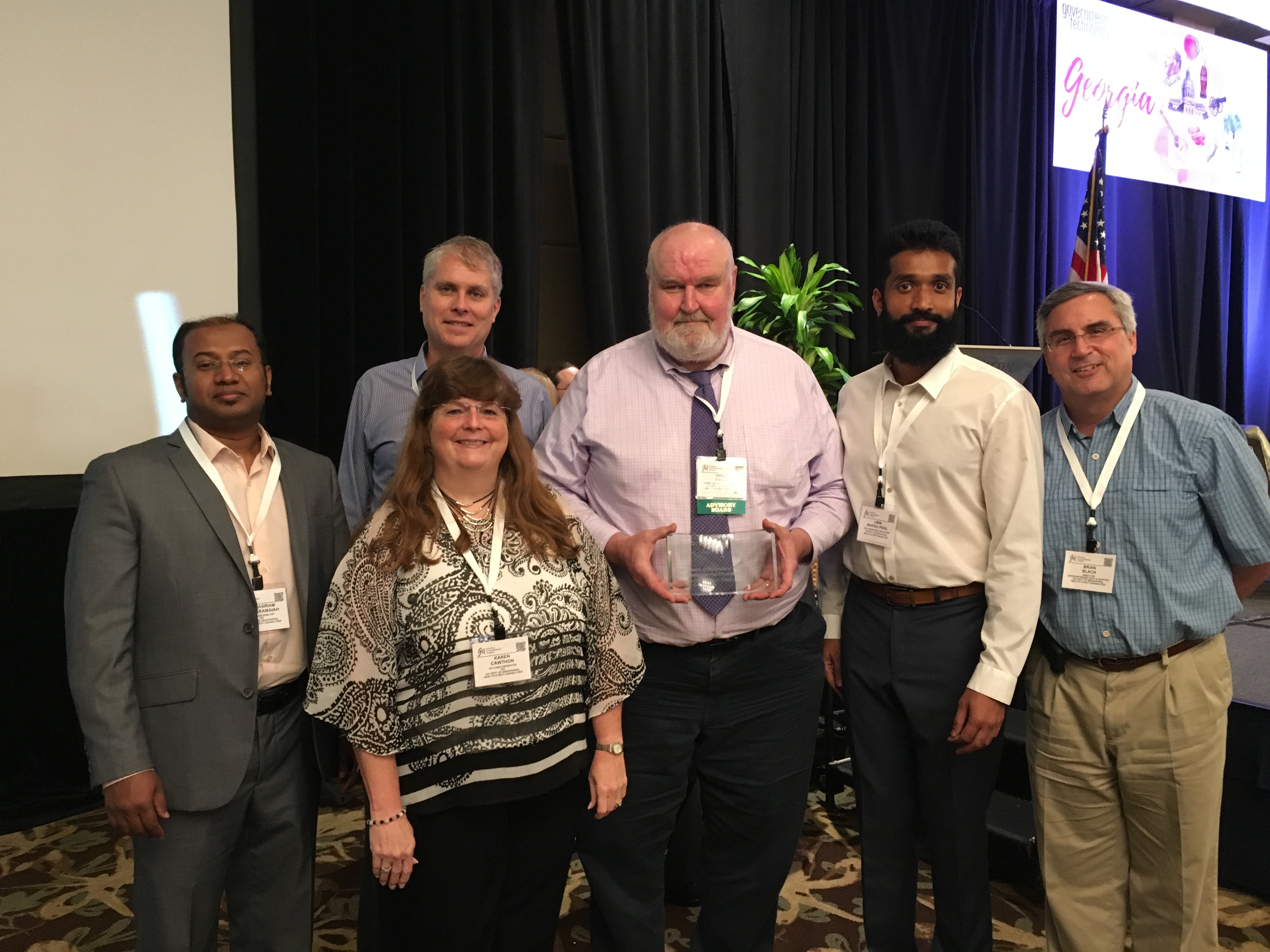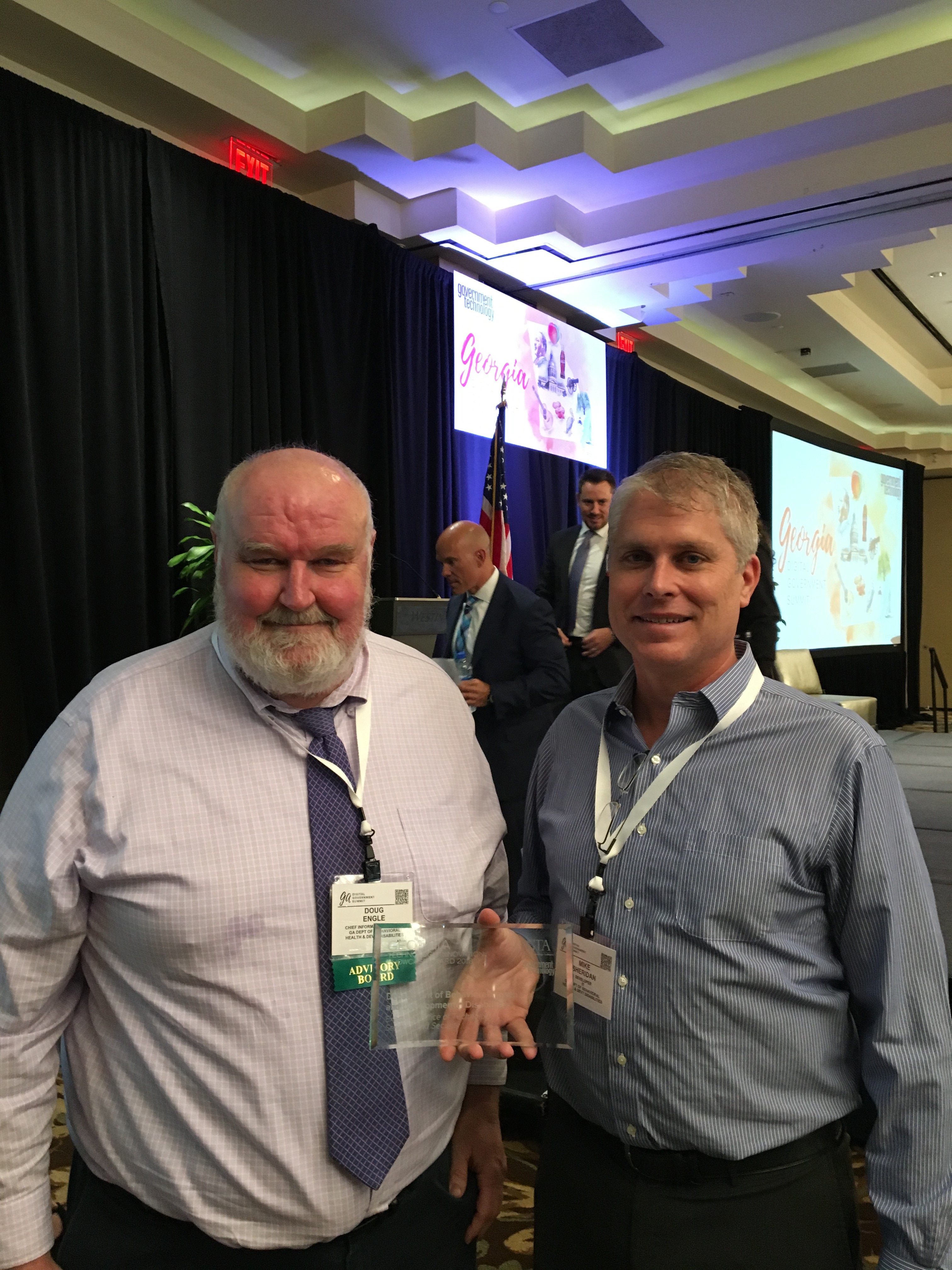Earlier this year, I shared the story of DBHDD’s transformation from a system that was inconsistent and fragmented to an accountable and transparent continuum of care for all people we serve. While this dramatic transformation has unfolded over the last decade, the past year has been marked by an intensification of progress. As 2018 comes to a close, I would like to thank all of you for the passion and partnership that characterize the following highlights of Georgia’s achievements.
Children’s Mental Health
Last year, I had the honor of serving as co-chair of Governor Deal’s Commission on Children’s Mental Health. We made eight recommendations to the Governor and General Assembly, including strategies for enhancing school-based mental health services, crisis services, suicide prevention, education and prevention of opioid use, telemedicine infrastructure, and training on evidence-based practices. In March, Governor Deal and the General Assembly invested more than $20 million to accomplish goals in each of these critical areas.
Recovery, Wellness, and Independence
For DBHDD and our hospital and provider community, our mission is to facilitate recovery, wellness, and independence. These three tenets drive our purpose, and this year, we codified our commitment in policy to deliver a clear message about who we are and what we do. The policy articulates our belief in the principles of self-determination, freedom, and personal responsibility as the key to achieving a satisfying, independent life with dignity and respect. It is an important summary, our “Why” as an organization, and you can read it here.
Intellectual and Developmental Disability Planning Lists
In 2016, we began reviewing our approach to the I/DD Planning list to ensure that individuals with the greatest level of need were prioritized, regardless of their location in the state. Since then, we have adjusted outdated staffing patterns and adopted new tools and technology to support more consistent and sophisticated analysis of changing needs and to improve access and communication. For more information, please see our Multiyear Planning Lists Strategic Plan.
Center for Wellness, Hope, and Learning
In March, we opened the new Center for Wellness, Hope, and Learning at Central State Hospital. The center consolidated the hospital’s treatment mall services into one innovative, state-of-the-art facility designed to support recovery in an education-like environment. The center follows a recovery model focused on hope, wellness, respect, and self-responsibility while helping people learn practical skills that prepare them for a life beyond the hospital. Each of our hospitals has adopted thoughtful design advances that demonstrate a modern, hopeful, and skill-based approach to treatment.
DBHDD as a Learning Organization
One of the things that set’s DBHDD apart is our commitment to embody the principles of a learning organization. We believe that team members should have opportunities to grow and develop through awareness of self and others.
Our Office of Human Resources and Learning supports our evolution as a learning organization by working to ensure that we have a skilled, trained, engaged, and high-performing workforce to meet the needs of the people we serve. Our suite of development opportunities includes a new model for hospital staff orientation, training programs for our staff and community providers, learning systems and content development, and a Management Academy for emerging leaders. We are also training our team members in the Strengths Deployment Inventory (SDI) to enhance our effectiveness through improved communication. As we strive for excellence in all we do, we want DBHDD to be a place where meaningful and mission-driven work occurs.
Fighting on the Front Lines of the Opioid Epidemic
As Georgia’s opioid authority, DBHDD is responsible for the prevention, treatment, and recovery elements of our statewide response to the opioid epidemic. In 2017, we received SAMHSA’s two-year State Targeted Response (STR) to the Opioid Crisis grant ($11.8 million per year), which we have put to work providing naloxone training and kits, public services announcements, expanded medication-assisted treatment (MAT) programs, a peer warm line, recovery coaches for emergency departments, and education for providers.
In September of this year, we were awarded SAMHA’s State Opioid Response (SOR) to replace the STR funds which end in April 2019. The SOR grant provides $19.9 million per year for two years and will allow DBHDD to expand and sustain the work set in motion through the STR grant.
In addition, we received $4 million in new state funding (FY 2019) to support statewide implementation of Addiction Recovery Support Centers, an essential, peer-led element of the recovery continuum. We also engaged with the Georgia Department of Public Health to develop Georgia’s Opioid Response Strategic Plan, and we serve on Attorney General Chris Carr’s Statewide Opioid Taskforce.
Information Technology Transformation
In the last five years, our information technology (IT) system has profoundly transformed. DBHDD’s IT improvements are not just about new software and gadgets. We have enhanced security, provider data, technology supporting clinical oversight for high-risk individuals, forensic evaluation tools, employee support, application development, and support, hospital and enterprise reporting, and more. While these improvements enhance our ability to accomplish daily work, the real impact is on our ability to provide more efficient and responsive care to the people we serve.
Suicide Prevention
With the alarming statistic that suicide is the second leading cause of death among individuals between ages 10 and 34, suicide prevention is one of DBHDD’s top priorities. We use a data-driven approach to facilitate suicide prevention coalitions that work with faith, business, and civic leaders, and community service boards and other local providers to train and educate. This year, we supported training of approximately 600 providers and community members in two proven gatekeeper suicide programs: Question, Persuade, and Refer (QPR) and Mental Health First Aid (MHFA). Each of us has a role to play in suicide prevention.
If you are concerned about someone who may be considering suicide, remember these four action steps: ASK-LISTEN-STAY-HELP. Ask openly and compassionately, ‘Are you thinking about suicide?’ Listen to the person without judgment; avoid trying to ‘fix it.’ Stay with the person if he or she is suicidal; keep him or her safe until help arrives. Help him or her find the right kind of help. Call the Georgia Crisis Access Line (GCAL) anytime at (800) 715-4225.
Speaking of our GCAL line, we await the implementation of an “app” that will extend outreach through texting.
As you can see, we have had a busy year! All of these accomplishments are possible because of our great team, our provider network, and the generous support of Governor Deal and the Georgia General Assembly. Expect this progress to continue at warp speed as Georgia’s needs are pressing, and our perseverance is relentless.
If you would like to learn more about any of the highlights above, please visit our blog.
Commissioner Judy Fitzgerald
